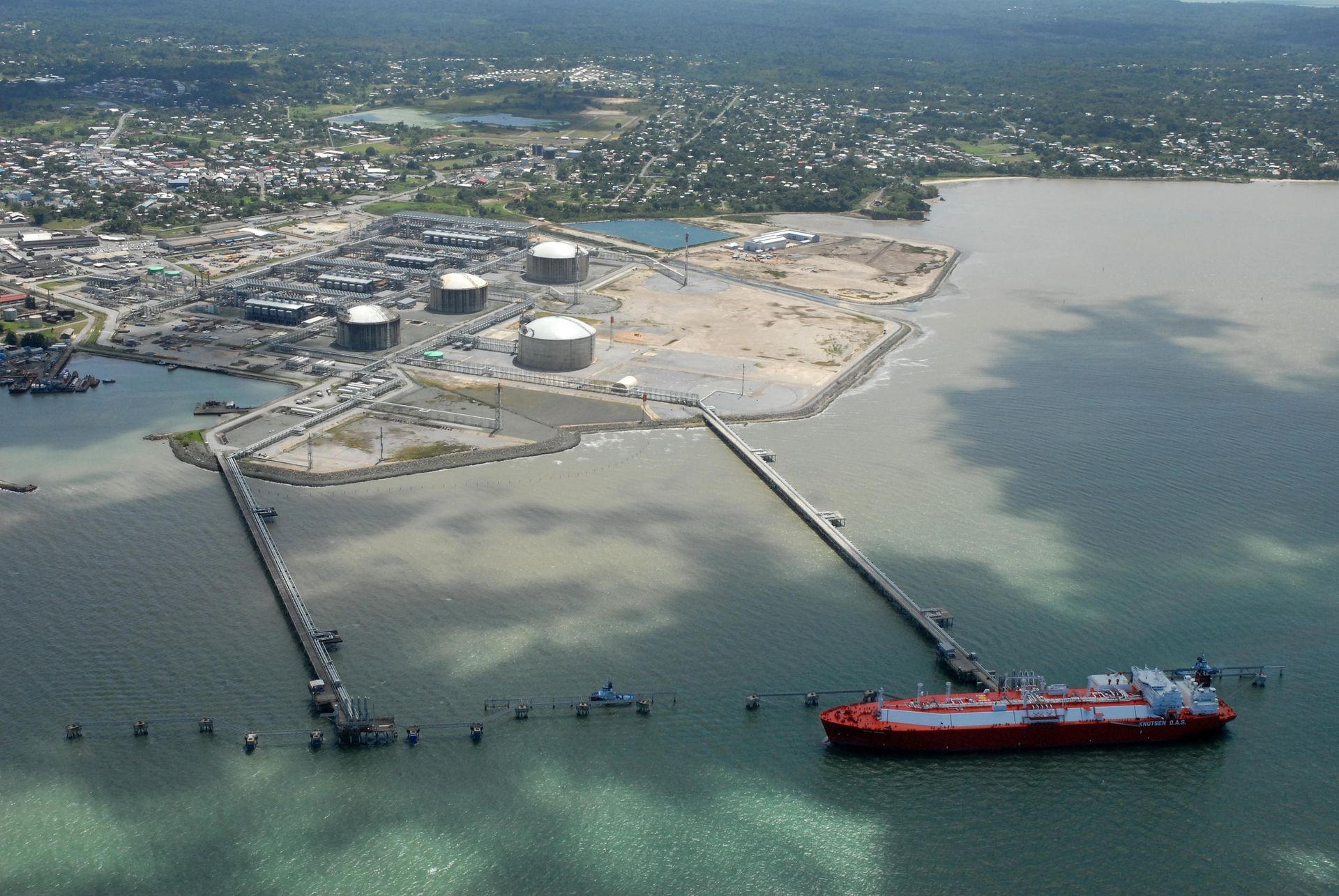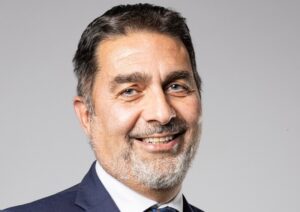
(Trinidad Guardian, 27.Oct.2023) — Prime Minister Dr Keith Rowley yesterday described the signing in early December of the agreements to restructure the shareholding in Atlantic LNG as one of the most significant decisions that the Government has been able to accomplish.
And he told the post-Cabinet news conference yesterday at Whitehall in Port-of-Spain that the restructuring of the shareholding in the four-train LNG facility in Point Fortin in addition to the new and improved formula for realising net back LNG revenues “is what is saving us right now.”
Rowley said, “Without those two decisions, the future of T&T would have been quite bleak.
“If I say so myself, if I have done nothing for this country to take us to this position, I am satisfied that my living has not been in vain.”
At the news conference, Rowley outlined his busy travel schedule between mid-November and December 7, when he is scheduled to attend summits and other events in Saudi Arabia, Dubai and London.
The Prime Minister travels first to Saudi Arabia to participate in the Caricom/Saudi Arabia summit on November 16. Rowley said Saudi Arabia has a huge investment fund through which it does major investments globally. He said one of the things Caricom is always short of is an inflow of foreign direct investment and Saudi Arabia has been interested in Caricom recently. He will stay on in Saudi Arabia for several days after the summit to hold bilateral negotiations.
The Prime Minister also intends to attend the United Nations Climate Change Summit, called COP 28, in Dubai, which takes place between November 30 and December 12. The Prime Minister said he will be at COP 28 for the high level discussion for about three days.
Rowley will then go to London between December 4 to 6 to sign the agreements that will formalise the restructuring of Atlantic LNG–discussions and negotiations that have been undertaken with multinational energy companies, BP and Shell, over the last two-and-half years.
“The restructuring of Atlantic LNG is one of the most significant things this Government would have done. It was not easy, but I think we were able to convince the principals that Trinidad and Tobago’s interest has to come first.”
Rowley said as a result of the work done on Train 1, Government was able to change the shareholding and restructure the LNG business in T&T. He lamented that many people in this country did not pay enough attention to those discussions and decisions, which he described as far reaching.
“Without the restructuring of Atlantic LNG, our earning capacity would have been significantly hampered and degraded going forward,” Rowley said, explaining that when all four LNG trains were in operation, the Government’s shareholding in Train I was 10 per cent and 11.11 per cent in Train IV. T&T had no shareholding in Trains II and III, he pointed out. The two largest upstream natural gas producer in T&T, BP and Shell, have shareholdings in all four trains.
He said when the availability of natural gas became a problem, the other owners of Train I decided it had to be withdrawn as there was not enough gas to run four trains.
“But, of course, if you were not running four trains and they had all of the shareholding in Trains II and III, you know what that meant for us…
“What we did was to ensure that we kept Train I on the table, so that we would have a seat at the table and negotiate. And rather than negotiate a funeral, we negotiated for a christening.
“As a result of what we did with Train I, we were able to change the shareholding in the restructured LNG business in Trinidad and Tobago, where the Government of T&T will now have a shareholding of 10 per cent in the entire business…”
____________________
By Gail Alexander

